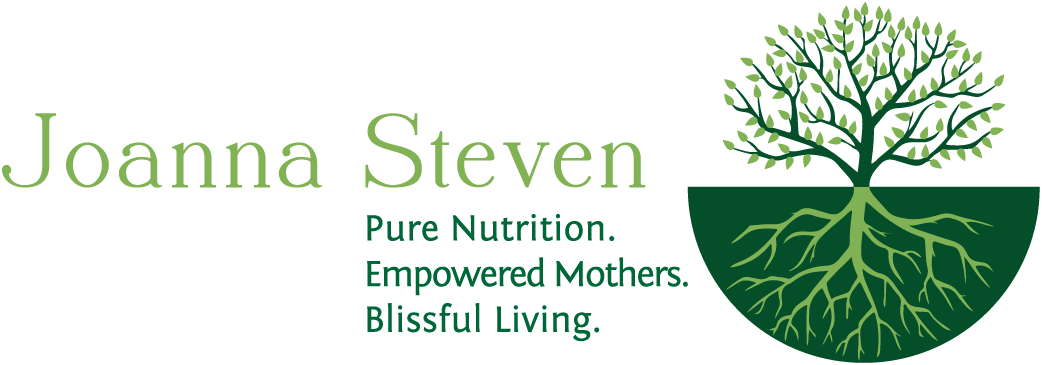 In the US alone, nearly 1 billion of probiotics are sold every year and sales are on the rise. But can probiotics, both from supplements and from those existing naturally in breastmilk, affect the health of our breastfeeding babes? Research says that yes, they can.
In the US alone, nearly 1 billion of probiotics are sold every year and sales are on the rise. But can probiotics, both from supplements and from those existing naturally in breastmilk, affect the health of our breastfeeding babes? Research says that yes, they can.
Do probiotics pass into breastmilk?
The short answer is yes, if a mother consumes probiotics, they will pass into her breastmilk and benefit her little nursling. Studies have shown that when mothers include probiotics in their diet, a host of benefits (some of which are discussed below) are conferred to both herself and her child.
How are probiotics beneficial to breastfeeding babies?
A 2002 study from Finland sought to find out if probiotics could reduce incidences of eczema in infants. The researchers found that “The risk of developing atopic eczema during the first 2 years of life in infants whose mothers received probiotics was significantly reduced in comparison with that in infants whose mothers received placebo. (…) Administering probiotics during pregnancy and breast-feeding thus offers a safe and effective mode of promoting the immunoprotective potential of breast-feeding and provides protection against atopic eczema during the first 2 years of life.”
This seems to be the reason why, amongst other beneficial side-effects of breastfeeding, breastfed infants and children are less likely to develop allergies. Another Finish study found that the probiotics in breastmilk help keep children’s weight at a healthy level.
And, a recent Canadian study also found that probiotics in breastmilk help protect infants against intestinal pain and gut disorders such as irritable bowel syndrome and constipation by decreasing muscle contraction in the gut within a few minutes.
Should you take a probiotic supplement when breastfeeding?
 If you enjoy good digestion and do not suffer from digestive tract disorders such as IBS, probiotics in pill form are not necessary. Instead of paying for those, invest in high quality cultures (I often use Body Ecology kefir starter) and make your own probiotic foods. If you consume dairy, kefir is a wonderful source of beneficial bacteria. Otherwise, you might want to start making your own cultured vegetables (like sauerkraut) and coconut kefir.
If you enjoy good digestion and do not suffer from digestive tract disorders such as IBS, probiotics in pill form are not necessary. Instead of paying for those, invest in high quality cultures (I often use Body Ecology kefir starter) and make your own probiotic foods. If you consume dairy, kefir is a wonderful source of beneficial bacteria. Otherwise, you might want to start making your own cultured vegetables (like sauerkraut) and coconut kefir.
When I moved to Portland, I created two groups for fans of raw foods and fans of traditional Weston A. Price diets. Because both groups enjoy cultured foods, I merged both groups and we made sauerkraut together – one lady had a 2 weeks old newborn and a 17 months old, I had 17 months old Franklin, and another woman had a 3 year old. All 3 of us were breastfeeding our littles ones while we made a giant batch of sauerkraut, taking turns to take care of our children in between shredding cabbage!
Which probiotics do I personally use?
I love probiotic rich foods, so here’s what I use (on and off, not all at once):
– Bio K in liquid form — a yogurt like drink. Franklin loves the strawberry flavor.
– Bio-Kult Probiotic — If I’m feeling under the weater, I’ll take some Bio-Kult, which is the probiotic recommended in the GAPS diet (I think… Don’t quote me on this.)
– Dairy kefir using Body Ecology Kefir Starter . Easy peasy to make, and delicious.
– Kombucha, any quality brand at the store.
– KeVita, a delicious sparkling probiotic drink.
– Sauerkraut and kimchi. My go-to sauerkraut is FarmHouse Kraut. Delicious! I’m currently taking a break from making my own.
